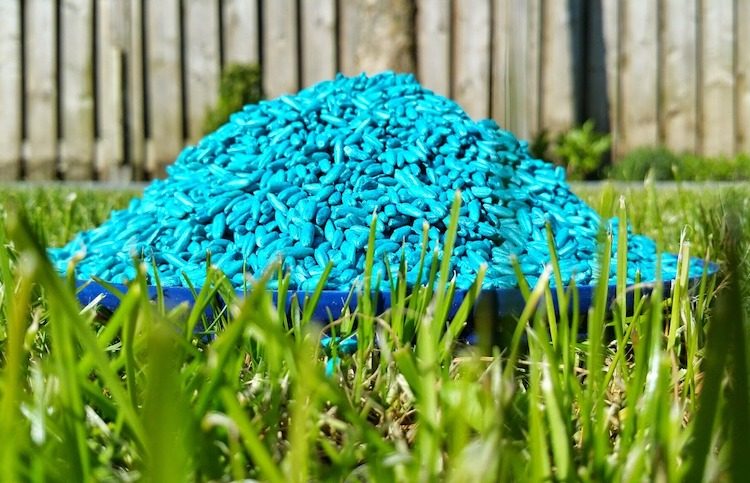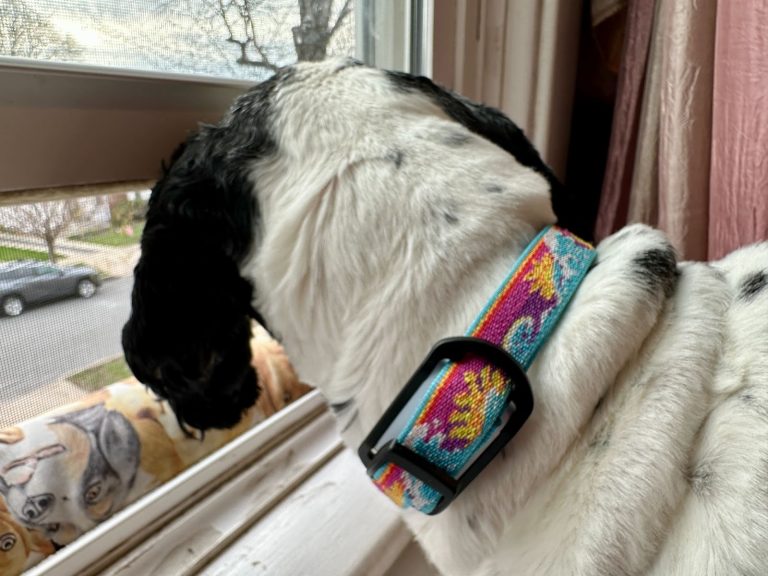Your Dog Ate Rat Poison — What to Do?
If your dog ate rat poison, what to do is to call your veterinarian or a pet poison hotline right away. This is a life-threatening emergency. Here’s why.

It’s every pet parent’s worst nightmare …
Your dog just ate rat poison — what do you do?
What to Do If Your Dog Ate Rat Poison:
- Call your veterinarian urgently! Rapid action may save your dog’s life.
- Call a pet poison hotline if your vet isn’t in, and/or drive straight to the nearest emergency veterinary clinic.
- Share the details: What kind of rat bait was it? How much did your dog eat? And how much does your dog weigh?

Don’t leave your pet’s safety to chance
Sign up for Petful recall alerts today.

Call Animal Poison Control
Below are handy numbers to keep around in case the worst occurs.
ASPCA
Website:aspca.org/pet-care/animal-poison-controlPhone:(888) 426-4435Hours:
365 days a year, 24/7
Price: $65
Pet Poison Helpline
Website:petpoisonhelpline.comPhone:(855) 764-7661Hours:
365 days a year, 24/7
Price: $59

Did Your Dog Just Eat Rat Poison?
If so, stop reading this and call your vet or a pet poison hotline right now.
Please don’t waste precious time playing Doctor Google or calling the 800 number of the product your pet got into and being put on hold forever.
Time is of the essence if your pet has ingested rat poison. Immediate veterinary intervention can mean the difference between life and death.
If you’re just looking for prevention information, then keep reading…
Below, I share a couple of stories of dogs who ate rat poison. Unfortunately, one of the dogs didn’t make it, but the other one survived.
Skye: A Dog Who Ate Rat Poison and Survived
One day, a man ran into my clinic cradling his Yorkshire Terrier, Skye — who, 20 minutes earlier, had been caught eating rat bait.
Time is of the essence with poisonings like this.
Fortunately, the man had dashed straight down with Skye.
The sooner you make the dog vomit, the less likely they are to absorb the anticoagulant. This saves a whole load of distress and medication further down the line.
The man also had real presence of mind and brought the remainder of the packet of rat bait with him. This was helpful because it gave me the exact name of the product, the concentration and an idea of how much rat poison the dog had eaten.
Given the amount of rat bait consumed by the dog, it seemed sensible to make Skye sick. (Sometimes it’s not appropriate to make the dog vomit.)
Fortunately, there’s a highly effective medication that induces vomiting in a dog. A few minutes after the injection, Skye looked distinctly sorry for herself, with the contents of her stomach now on some newspaper in front of her.
This rat bait was a turquoise-blue color, so my next job was to poke through the vomit to check that all the bait had come up. Yep! Job done.
However, not all cases of rat bait poisoning end so happily. Next is a story of a dog who ate rat poison and didn’t survive.

A Dog Who Ate Rat Poison and Died
At the other end of the scale was the case of a fluffball of a Bichon puppy.
This was a while ago, but the preventable tragedy still sticks in my mind.
The dog’s human booked an appointment, thinking the dog had swallowed a pen lid. (Don’t ask me why he had thought that.) But when I finally saw her, the puppy had totally collapsed.
The Bichon’s gums were paper-white, and she was having trouble breathing. A quick X-ray showed she had masses of free fluid in her chest and belly. That fluid was blood.
I referred her for an emergency blood transfusion. Sadly, though, she didn’t see the night out.
Her devastated human returned home searching for an explanation as to why his precious puppy had become so sick so suddenly.
The answer lay behind the shed: Some rat bait that he thought was safely hidden had been found and eaten (days earlier) by the puppy.
By the time the puppy had collapsed, she was beyond saving.

Rat Poison, Dog Poison — Same Thing
Different types of rat baits work in different ways. But whichever way you look at it, whether they kill a rat or a dog, it’s only a matter of scale.
Rats are mammals, just like dogs. It’s just that rats are smaller and therefore don’t need to eat much to die. But if a dog gets access to the bait, or worse, the packet itself, they are equally at risk as a rat.
It’s also important to know that:
- Rat baits are made to be tasty. Many dogs are just as attracted to the bait as the vermin it’s meant to control.
- Manufacturers color the products blue to warn us humans — but dogs don’t pay heed to the unsavory color and chow down regardless.
The particular type of rodenticide Skye found was an anticoagulant. These work by thinning the blood and stopping it from clotting. Thus, a minor knock causes bleeding that just doesn’t stop.
That’s why that tragic Bichon puppy had free blood in her chest and belly — she’d bled out internally.
Again, products vary, with some of the modern rat poisons being more deadly in repeated small doses rather than 1 large dose (but neither is good news).
Internal bleeding can start in as little as 24 hours after ingestion, and sometimes the earliest symptoms are collapse and sudden death.
Other symptoms of rodenticide poisoning in a dog include:
- Nosebleeds
- Coughing, with blood
- Blood in stools or urine
- Heavy bleeding from minor cuts
- Seizures (if the bleed happens on the brain)
- Paralysis (bleeds around the spinal cord)
Once symptoms develop, an emergency blood transfusion may be needed.
For dogs who have already digested the poison but aren’t yet ill, daily injections of Vitamin K are required for up to 4 weeks.
Check out this dog’s close call with rat poison:

Got a Dog? Don’t Use Rat Baits, Period.
Skye was a textbook case of how to handle a poisoning and was soon ready to go home, disaster averted.
But as I saw the client out the door, I jokingly said, “I’ll throw the rest of the pack of bait away for you.”
He stopped in his tracks. “Oh, thank you for reminding me. Actually, I’ll take it home, thanks.”
Disbelief showed on my face, and he added, “Don’t worry; I’ll put them where Skye can’t find it.” Then, less convincingly, “I thought it was safe last time.”
So, what’s the safest way to use rat poison around dogs? In my opinion, there isn’t one.
References
- Gollakner, Rania, DVM. “Rodenticide (Warfarin) Poisoning in Dogs.” VCA Hospitals. https://vcahospitals.com/know-your-pet/rodenticide-warfarin-poisoning-in-dogs.
- Khan, Safdar A., DVM, MS, PhD, DABVT, et al. “Overview of Rodenticide Poisoning.” Merck Veterinary Manual. https://www.merckvetmanual.com/toxicology/rodenticide-poisoning/overview-of-rodenticide-poisoning.
- Greenlee, Liz, CVT, EMT, and Ahna Brutlag, DVM. “Mouse and Rat Poison: Rodenticides Poisonous to Dogs & Cats.” Pet Poison Helpline. https://www.petpoisonhelpline.com/pet-safety-tips/mouse-and-rat-poison-rodenticides-poisonous-to-dogs-cats/.







